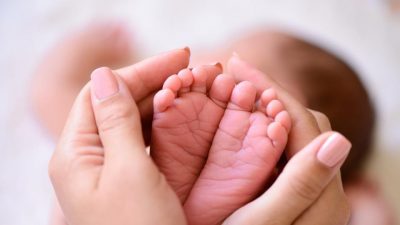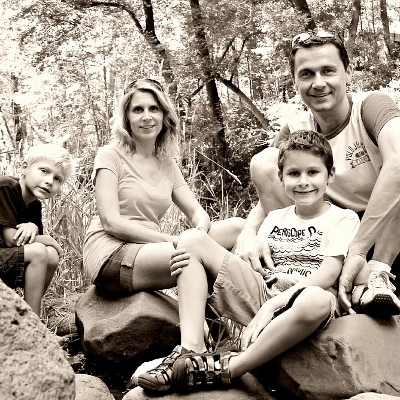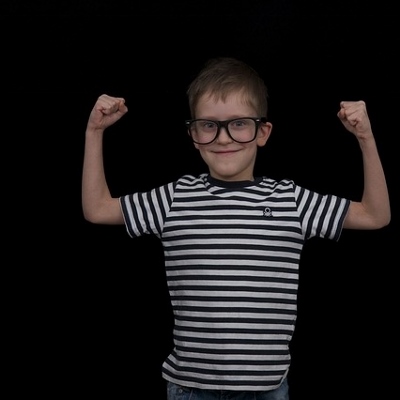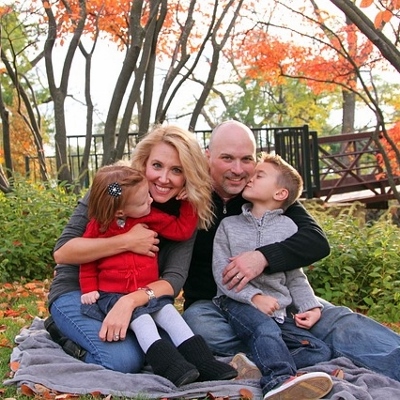 Children are usually seen as the most vulnerable part of society. While many cultures around the world value and protect the elderly as much as children, it’s nevertheless the young, who have yet to grow and learn to take care of themselves, who we collectively value most. Children, as the hackneyed saying that is nevertheless still true goes, are our future.
Children are usually seen as the most vulnerable part of society. While many cultures around the world value and protect the elderly as much as children, it’s nevertheless the young, who have yet to grow and learn to take care of themselves, who we collectively value most. Children, as the hackneyed saying that is nevertheless still true goes, are our future.
It’s no wonder that regardless of which society at which point in time one looks at, one always finds rules, organisations, and values in place that safeguard children and ensure they have a chance to grow up healthy and reach a point in their lives when they can look after themselves.
Historically—and even nowadays—one of the biggest threats to a child’s safety is the lack of a parent or other guardian to make sure they reach adulthood safely. This can also be clearly seen in the animal world, where most young don’t reach maturity without guardians or some sort of a social structure, like a herd for example, to protect them until they can look after themselves. This need for an adult guardian is probably best demonstrated by the process of adoption.
All across the world, in all religions and cultures and regions, there are social or legal institutions to protect children and for children to be adopted should they lose their parents, which still happens all too often. According to the well-respected United Nations International Children’s Emergency Fund, UNICEF, there are some 140 million children without parents.
As another old saying goes, it takes a village to raise a child. While that phrase generally refers to the difficulty of raising a child and the demands that a child’s curious mind and energy make on an adult, as opposed to the number of adults needed to actually bring a child to maturity, the phrase nevertheless can refer specifically to a child being raised by an entire community.
In smaller societies, such as hunter-gatherer cultures or even villages in the countryside it was quite common for children to be raised by the community at large. Raising children was seen as the collective responsibility of the adults of the community. It wasn’t really until the advent of industrialisation and capitalism that specific families raised their own children. This communal approach can still be felt in the countryside and smaller communities across the world.
Robin Dunbar, a british anthropologist, hypothesised that on average a person can only maintain some 150 stable social relationships. Known as Dunbar’s Number, this has been a de facto population cap across societies and ages and even corresponds to the average number of friends people have on Facebook.
When societies grew beyond that number, as happened in a big way during the Industrial Revolution, it became far more difficult for communities to look after children. And in cultures with growing industrialisation and cities as we would know them today expanding, as was the case par excellence with London in the late 1800s, we needed better ways to look after children who didn’t have parents.
While religious institutions have long looked after unwanted children or parentless children in religions as diverse as Christianity, Islam, and Buddhism, more secular institutions such as orphanages began popping up across the world. The United Kingdom was a hotbed of these institutions owing to the massive numbers of children without guardians.
One of the first attempts at looking after vulnerable children was the infamous workhouses of Victorian England. Although these organisations were brutal by today’s standards, forcing children to work they were an effort to provide children with a place to live and food. World famous Victorian writer Charles Dickens gave the world a heart wrenching depiction on this world in the form of his masterpiece Oliver Twist.
While the workhouse gradually lost its dominate position as the main way of looking after parentless children, orphanages as we now know them—with their emphasises on providing children with education, social structures and love—began increasing in both number and popularity. Today there is still a strong transition of orphanages in the UK and many UK charities work with orphanages across the world, disseminating expertise and funds.
Although orphanages have helped countless children reach adulthood and get out on their own, there are many who think that it’s better for children to grow up in a more traditional family setting. While the proverbial jury is still out on what is better for the individual child, adoption has long been an alternative to orphanages and even predates them by hundreds and likely even thousands of years.
One of the concerns that many people have with adoption is that the child’s or children’s new parents are able to provide a safe and loving environment in which the child can grow and learn. Sometimes parents who are unable to raise a child themselves are forced to give a child up for adoption, which can led the mother or parents to worry about how the child will be brought up. As many people have deeply-fed religious or philosophical beliefs this can be a source of no small amount of anxiety for parents in an already stressful time.
Some charities across the UK now look to pair children from one background to parents from a similar one, especially as refugees and other migrants continue to move across the world to avoid harsh and often deadly conditions at home. The idea of pairing a child from a Muslim culture with Muslim parents, for example, can provide emotional solace for parents already anxious and worried about giving their children up for adoption.
Regardless of one’s beliefs or background however, it remains a universal truth that children are one of the most, perhaps the most, vulnerable sections of society. And as the future of society they are indeed the most important. It’s no wonder then that so many institutions have sprung up throughout history and across the world to protect children and give them the possibility of living a productive life as an adult.
Brought to you by our friend, Jose Calvo.










